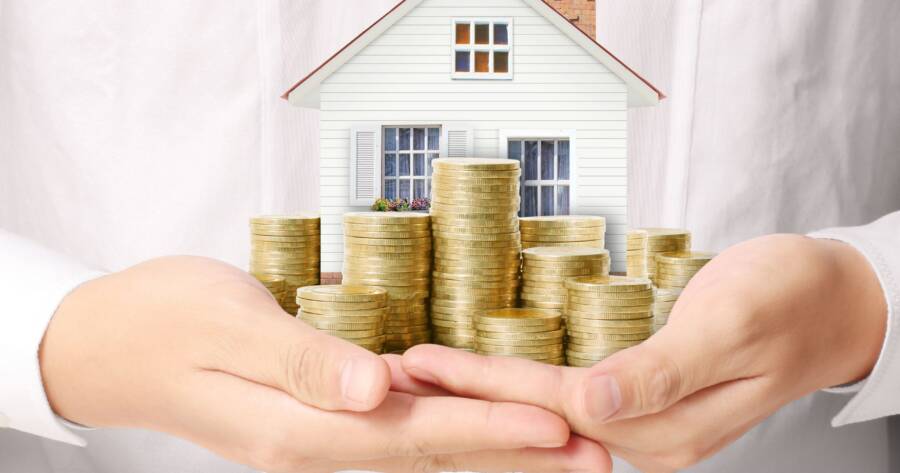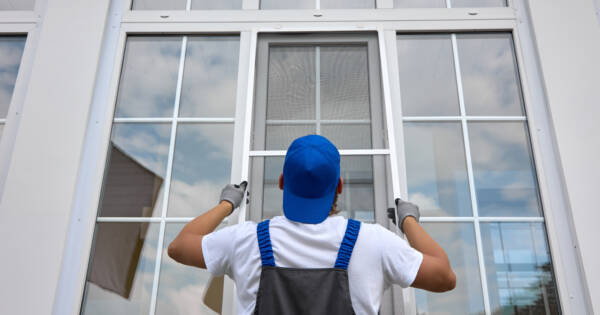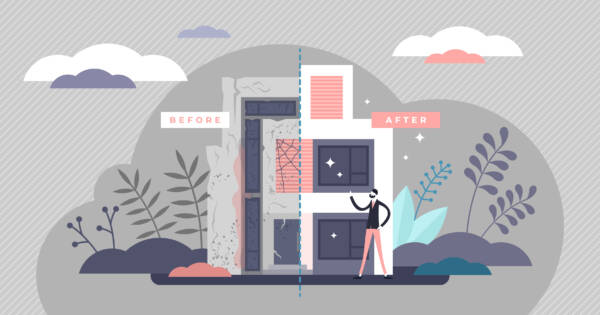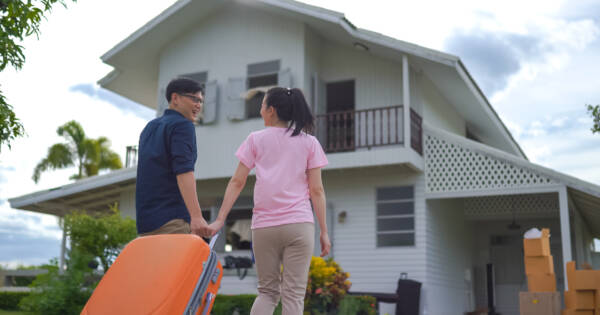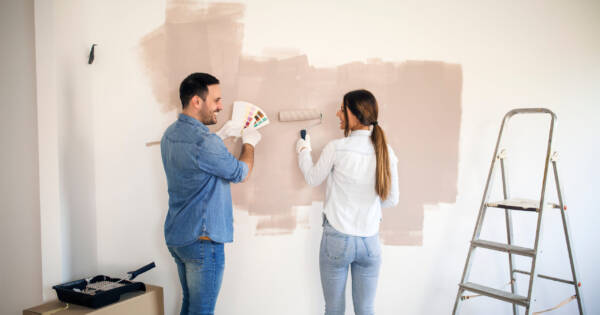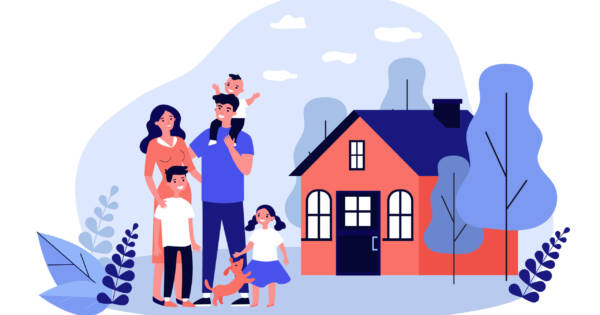There’s a reason a house is called a “money pit.” They are really expensive. If you’ve recently bought a house (or are planning to buy one in the near future), then you should be aware of the many expenses you’ll incur as a homeowner. Many of them are new, that you didn’t have to contend with when renting an apartment or living with your parents. Houses come with a litany of extra expenses. It can be a shock to first time owners who are unprepared for the financial responsibilities that go beyond the expected mortgage payments. Here are all costs that come with owning a house, both obvious and not-so-obvious.
Closing Costs
Let’s start with an expense you’ll be hit with before you make your first mortgage payment. We’re talking, or course, about closing costs. And they aren’t cheap. These are the costs associated with processing, transferring, and finalizing your mortgage with the bank that is lending you the money.
Closing costs can include lawyer’s fees, bank fees for the origination, processing and underwriting of the mortgage loan, property appraisal costs, title insurance, deed recording fees at municipal offices, administrative fees to prepare all the documents you have to sign, and costs for credit checks and reports. These are just a few of the more common closing costs you could encounter. There could be more depending on whether your house sits on a large tract of land or if there is more than one structure on the property.
In general, closing costs can run anywhere from 1% to 3% of your home’s sale price. While these are one-time costs, they are nevertheless expensive ones you need to budget for.
Mortgage Payments
This one should be obvious. But since the actual mortgage payment that comes with owning a house is worth mentioning. It’s the single largest recurring expense you will have, and it’s quite different than your old rent payment. For one, the bank holding your mortgage is more likely to quickly penalize you in the event that you miss a payment. These penalties could come in the form of higher mortgage payments or even the seizure of your house if you’re a repeat offender.
Also, you will likely have the option to pay your mortgage monthly, biweekly or weekly. However, not all of your mortgage payment goes to the principle balance owing. In fact, a lot of your mortgage payment will go towards interest to the bank. Especially at first. The higher your interest rate, the less of your mortgage payment will go towards the principle. Understanding how your mortgage is structured and how your payments work is important. After all, your mortgage payments can break you financially if you’re not careful.
Property Taxes
Next to your mortgage payments, the single biggest ongoing expense you are likely to incur with a house is the property taxes. You’ll have to pay them to the city or municipality where you live. These taxes are typically assessed on an annual or semi-annual basis. They can fluctuate depending on your property value and other factors such as the municipal services you receive where you live – i.e. garbage collection, public transit, schools in your area, etc.
Take note that the more valuable your house, the more you’ll pay in property taxes. In general, property taxes increase over time as your house appreciates in value. You will likely have the option to pay your property taxes in full once a year or break them up and pay the taxes in monthly installments. Some banks will let you tack them on to your regular mortgage payment, and the bank will forward the sum to the city on your behalf. You may want to do some research before you decide to purchase a house, as certain municipalities charge higher property tax rates than others.
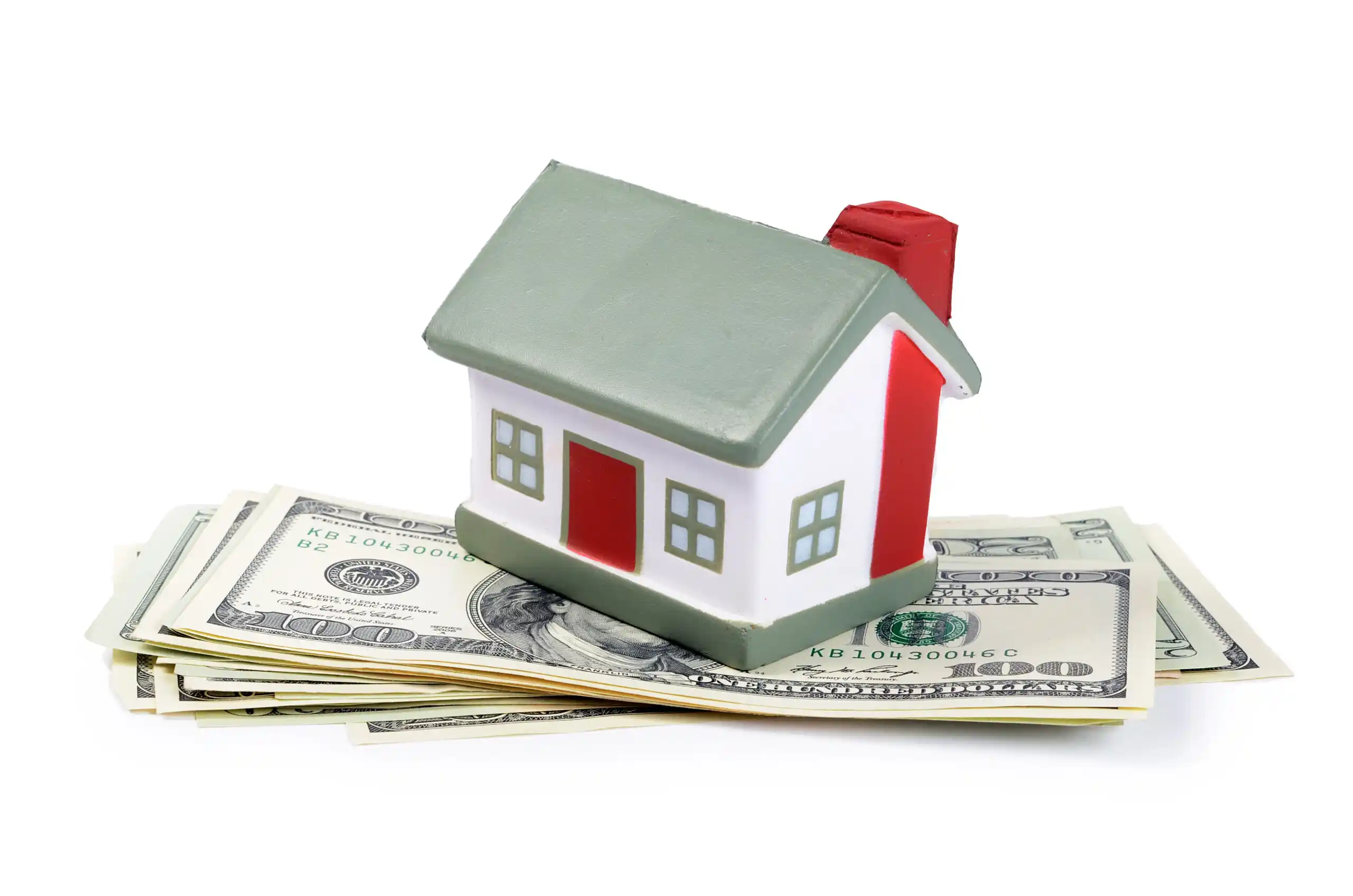 Shutterstock
ShutterstockHome Insurance
Home insurance is a bummer. Especially because the vast majority of people never make a single claim on their home insurance. You pay for home insurance so that you are covered in the event of a fire, break-ins, and so on. But how likely are those calamities to actually happen? Not very likely.
Regardless, if you have a mortgage on your house, the bank will almost certainly require you to have home insurance. This is so that the bank’s investment in your house is protected. The best advice here is to shop around for the cheapest possible home insurance. You can hire a broker to help you secure the most appropriate and affordable policy for your house and financial situation. Whatever the cost, you’ll have to factor in the cost of the home insurance premium into your monthly (or annual) budget once you own a house. There’s no escaping it.
Exterior Costs
If you buy a brand new house, chances are the exterior won’t be finished. The driveway could still be gravel and unpaved. There is not likely to be a fence. And there probably won’t be a deck, patio, or shed in the backyard. You, as the homeowner, will be on the hook for all these exterior upgrades.
If you buy an older house that has already been lived in, these exterior items are likely to be in place but falling apart. The paved driveway could be cracked, the fence falling down, and the wood deck rotting. Here too you’ll have to pay to fix or replace all these items. It’s not cheap.
A fence can cost $5,000 or more depending on the size of your yard. Repaving a driveway can cost $1,000 to $1,500, and so on. Of course, none of these exterior items are necessary. However, they are nice to have. On the positive side, adding or improving these exterior items will likely increase the value of your house and property. On the downside, increasing your home’s value will lead to higher property taxes.
Lawn Care and Pest Control
Lawn care and pest control are serious business and can be expensive. As a homeowner you’re responsible for maintaining your lawn in an acceptable manner and keeping pests away. Depending on where you live, there are probably municipal laws that dictate how long your lawn can be before fines are assessed against your property. You’ll need to budget for seed, fertilizer, gas for a lawn mower, plus the one-time expense of purchasing a mower. Otherwise you can hire a lawn care company to do it for you, but you won’t save any extra money.
Similarly, you’ll need to budget for pest control at your house. Keeping creepy crawlies, mice, and other pests out of your house is another expense you should budget for. Again, municipalities often have laws in place concerning the need for pest control. A seasonal protection program against pests can run $500 or more. It can be money well spent, though, to keep your house free of insects and worse.
Maintenance
Your old apartment might have had a superintendent to handle repairs and maintain the building in good working order. But when you own your own house, you are the super. Or at least, you need to hire and pay someone to carry out repairs and maintenance if you’re not capable of doing them yourself.
Repairs and maintenance are not covered in the mortgage payments. The smart approach is to plan ahead and budget for unexpected maintenance costs and general upkeep of your house. Maintenance costs can include repairs to the house’s plumbing, power supply, as well as faulty appliances and dilapidated exterior items such a fences and decks.
You never know when your fridge will kick the bucket or your furnace will suddenly stop working in the middle of winter. Plus most houses need new shingles on the roof every 15-to-25 years. That’s another expensive maintenance cost for your house. When those unfortunate (but inevitable) moments do happen, you’ll be on the hook for the bill.
Utilities
Utility costs are hard to forget, considering they come with a bill every month. They include everything from water and electricity to your home’s telephone, cable TV, and internet services. Taken together, utilities can amount to as much as $500 a month, and sometimes more. For this reason, it’s important for potential homeowners to budget for these costs.
While some utilities are optional (such as cable), others are a necessity. For this reason, it is important that you know the estimated cost of the utilities that you’ll need to pay every month. Remember that utility costs tend to rise each year, often at a higher rate then inflation. Prepare your budget accordingly.
Additions
By additions, we are usually referring to things such as decks and patios. However, additions can also include sunrooms, standalone garages, and extended kitchens. And then there are things like installing an air conditioner or a swimming pools. Basically, anything you add to your house (or property) that wasn’t there when you bought it is considered an addition.
Most additions are not cheap. A pool can cost more than $30,000. A wooden deck can easily cost $10,000 or more. As a rule, no additional structure to a house is cheap. Contractors charge an arm and a leg for their time and expertise, and the cost of materials like lumber and cement is rising all the time.
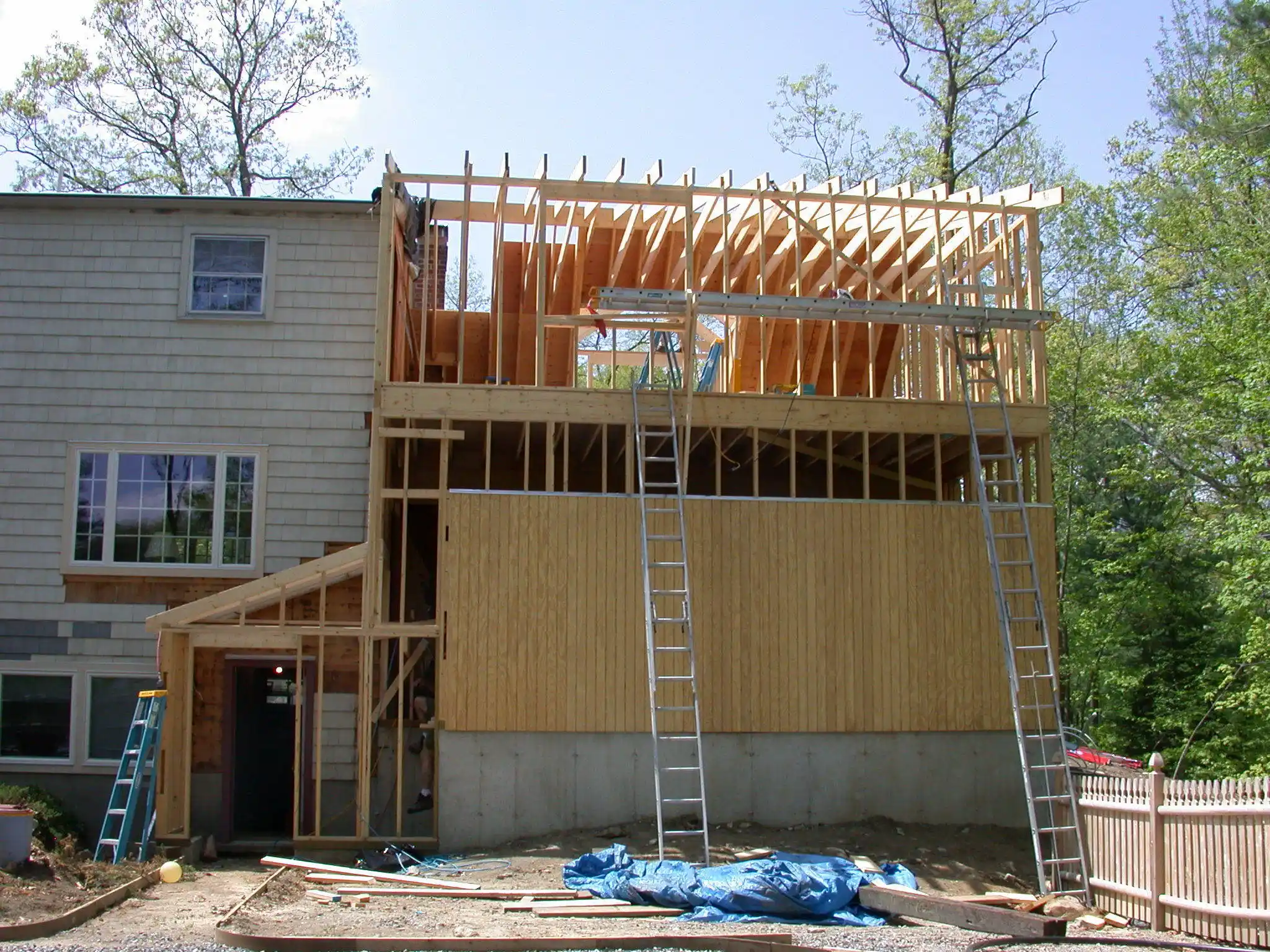 Shutterstock
ShutterstockCondo or HOA Fees
This may only apply to those who live in a condominium or gated community. On the other hand, more and more regular neighborhoods now belong to a homeowner’s association (HOA). Regardless, there may be a monthly fee to live where you live. These fees are typically charged for the upkeep and maintenance of a condo building or the grounds of a community where they live. Condo or HOA fees an be $500 or more per month.
Once you move into a condo or community, there is no getting out of paying the monthly fees. You can’t simply opt out. For this reason, you need to be sure you know about these fees before you complete your purchase. Understand the services that are provided for the fees. If you find they are excessive or unreasonable, then you may want to find another place to hang your hat.
Cleaning
People don’t often factor in cleaning, but it is a cost associated with a house, both in terms of time and money. Cleaning your house, month in and month out, can get expensive. The cost of cleaning products can add-up over time. If you need to purchase any special cleaning products to clean up a big mess (such as an accident that a pet has), it will cost even more. If you hire a cleaner to do the job for you, the expense increases again.
On average, people can spend more than $100 a month on the products needed to clean their home. Over a year, that amounts to $1,200 or more. That’s not even including the time you spend cleaning, which is also something of value. Add it all up and keeping a home spic and span is not as cheap as one might think.
Odds and Ends
There are dozens of other things to worry about when you own a house. Remember that you can’t just call your landlord every time something needs fixing. So if your child clogs the toilet by flushing their favorite toy down the drain, you’re on the hook for the plumbing bill. And any replacement parts. Same goes for that hole in the drywall from your night of too many adult beverages. Those random repair moments (that will inevitably happen) are all on you.
Even if you’re somewhat handy and can do the job yourself, you’ll be paying for supplies and spending your own precious time. Everything from new windows, a replacement garage door opener, or a fresh coat of paint in your living room — it’s all things you’ll have to budget for.
The Last Word
Being a homeowner comes with a lot of benefits. Pride of ownership is a great feeling, plus hopefully your house grows in value. But owning a house can also be an expensive proposition. With a house come many extra expenses – most of which you will not have paid before. Understanding these expenses and budgeting to pay them is the best course of action. Don’t think that just because you can afford a mortgage payment, you can afford a house. As with all financial matters, knowledge is power. Educate yourself on the true costs involved with owning a house, so you don’t set yourself up for failure.
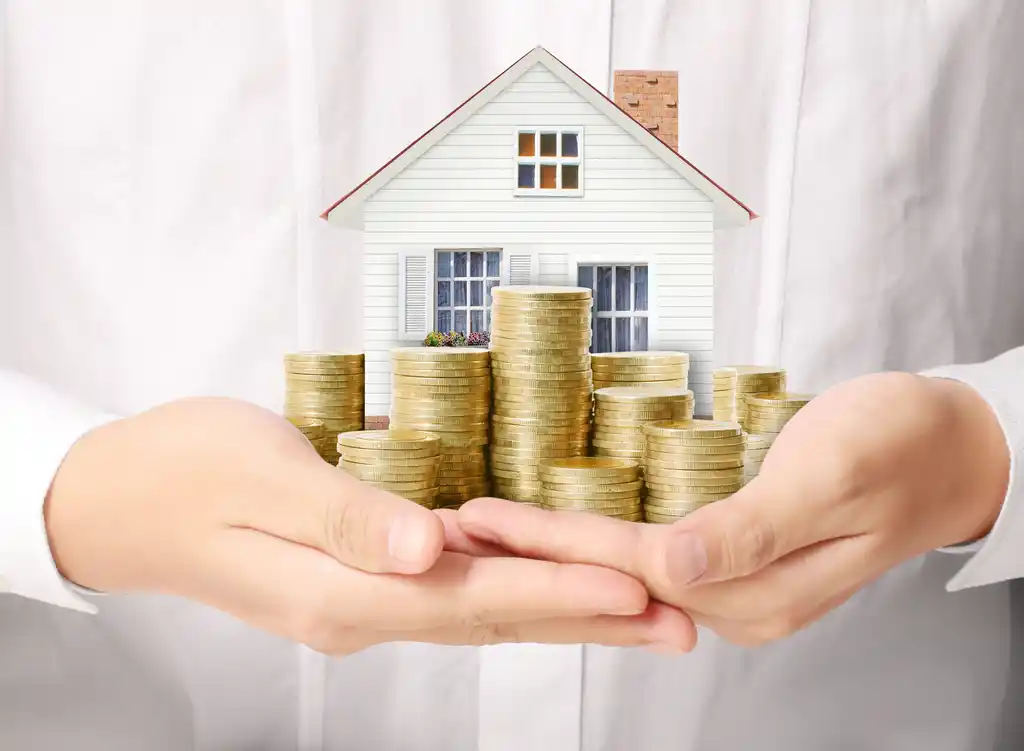 Shutterstock
Shutterstock